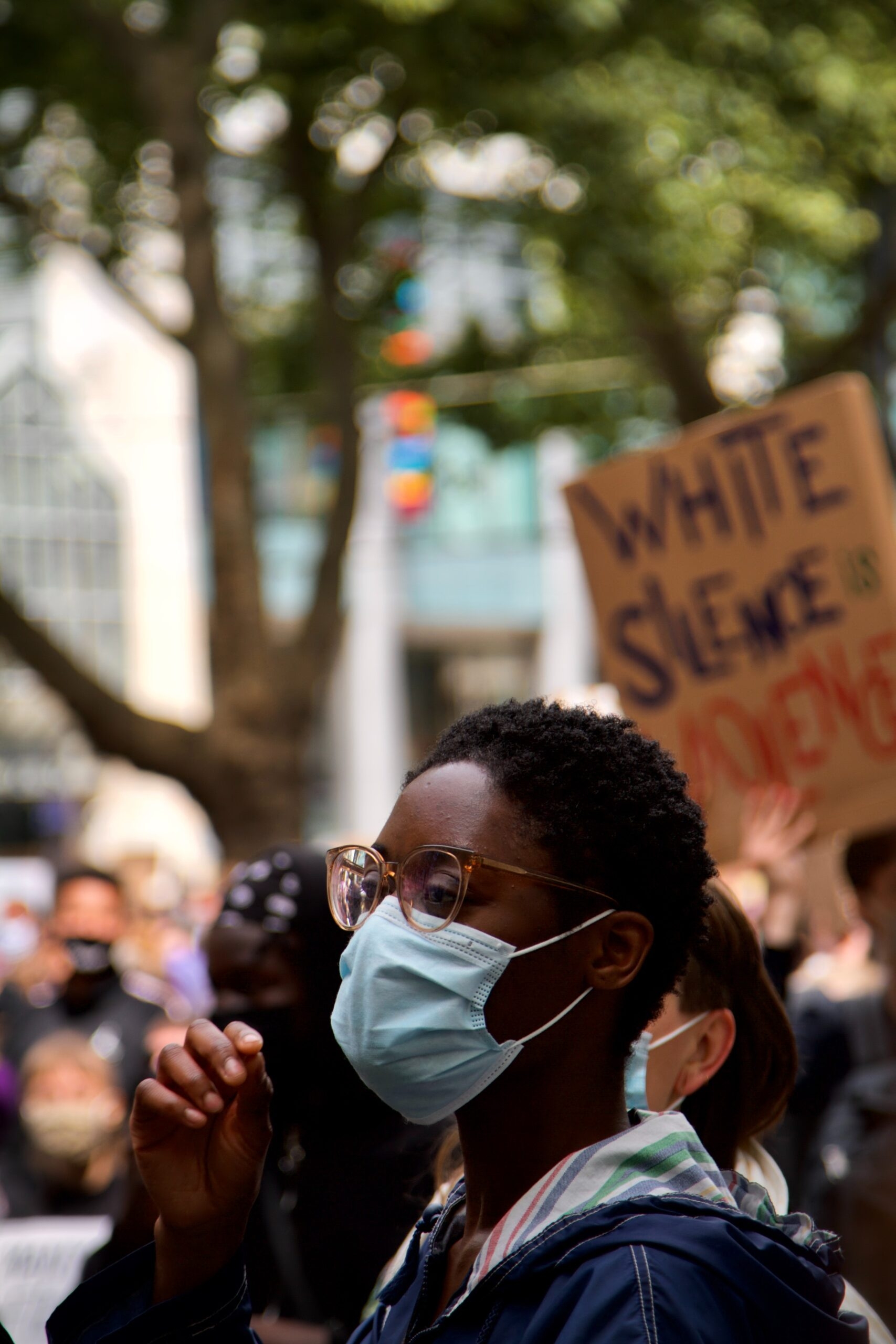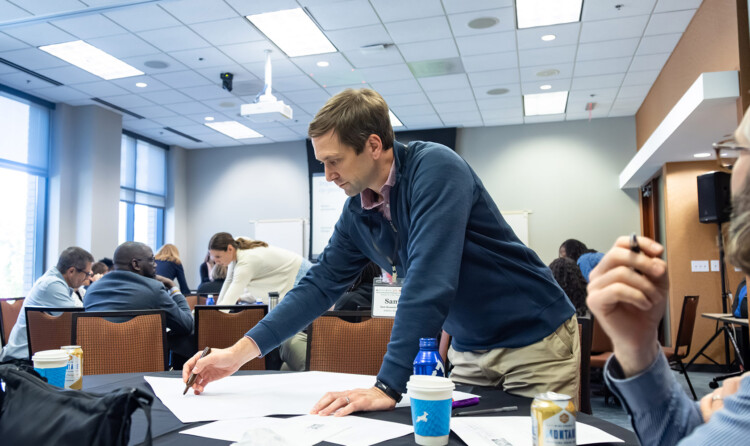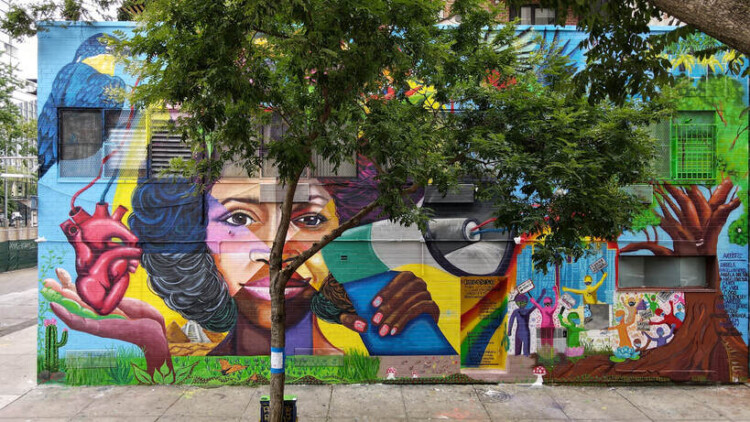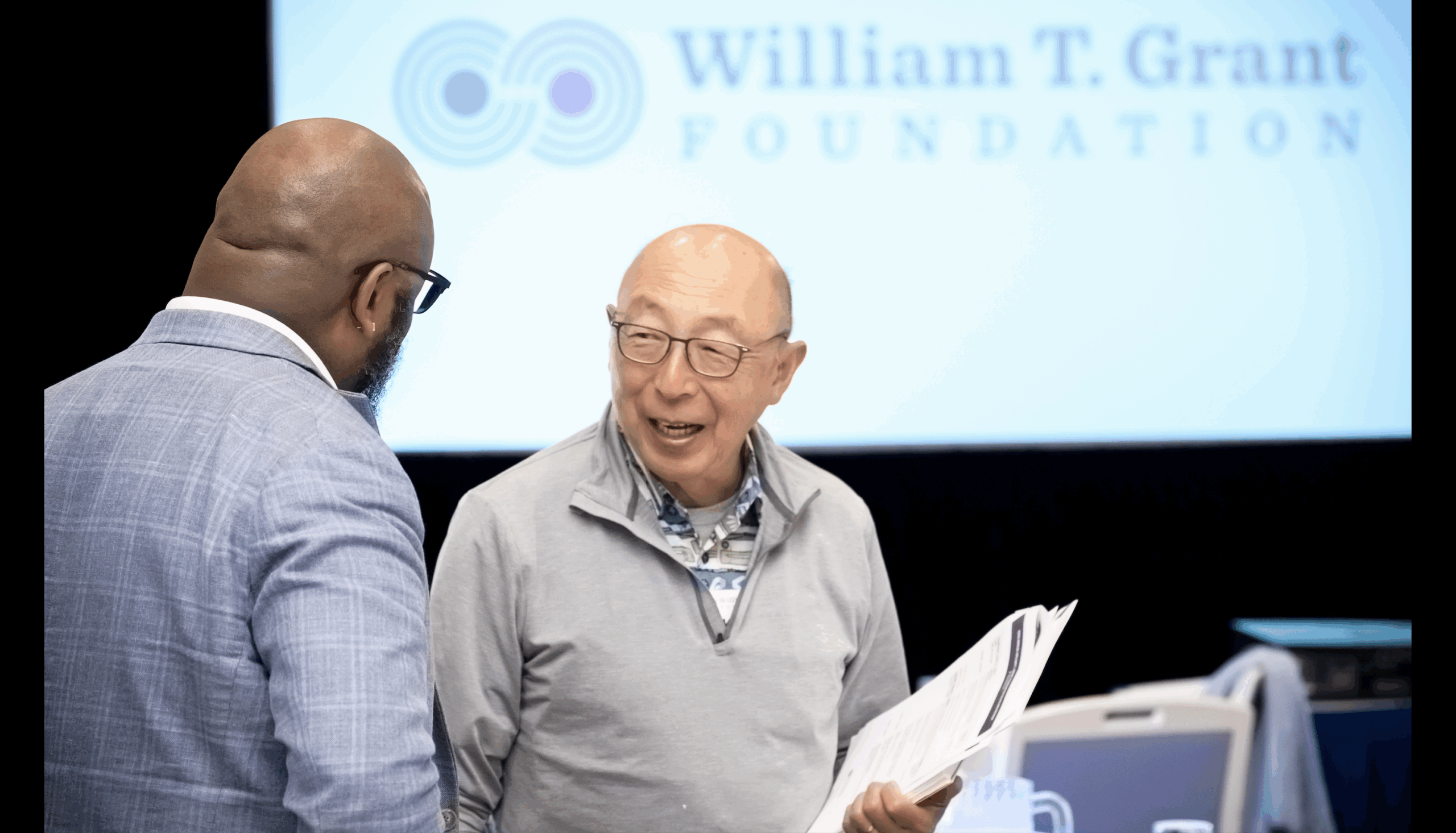Vivian’s Voice is the occasional column of the Foundation’s Senior Vice President of Program, Vivian Tseng.
Since I wrote Transforming Evidence for Policy in the Wake of COVID-19, the need for researchers to fully step up for social justice has only intensified. The coronavirus laid bare the systemic racism, class inequality, and xenophobia embedded in our society whether in employment, healthcare, education, or housing. The persistent murders of Black men and women at the hands of police and vigilantes are further reminders of the anti-Black racism that has plagued our country for centuries. But in the midst of these trying times, the movement for Black lives has opened the door for significant change. This moment of opportunity is a gift—hard won by the activists who have been pushing for change for decades while building on the efforts and sacrifices of prior generations. The broader research community can honor this moment by committing our time, energy, expertise, and talents to the struggle.
At our recent William T. Grant Scholars retreat, I had the opportunity to share my reflections with early- and mid-career academics about ways they might meet this moment, and in this post I expand on three recommendations: 1) act now but plan for the long game, 2) build your relationships with change partners and your understanding of change processes, and 3) know yourself and care for yourself.
Act now but plan for the long game
Both the pandemic and the movement for Black lives have created an opening to reset policy agendas because people are more willing to see longstanding inequalities and to consider alternative ways of structuring our society. This opportunity for major social change may not come again in our lifetimes, and thus we face an urgency to respond. In my prior post, I encouraged researchers to stretch beyond their traditional work and roles by: 1) conducting rapid syntheses to inform the urgent needs of policymakers, advocates, and practitioners; 2) designing new research that is solution-oriented; and 3) embracing new roles as partners in change efforts. I also discussed the institutional transformations in academic incentives and cultures that are needed to ensure that research impact extends beyond ivory towers.
But even as we act today, we must keep our eyes on the long game. The road to justice is long, and we will not solve centuries of systemic racism and colonialism in this one moment. Instead we will need to commit and recommit ourselves to the long-term struggle for social justice. As researchers, we can’t limit our thinking to pivoting our work in this moment. We should envision ways to shift our careers for the long-term struggle.
Build your relationships with change partners and your understanding of change processes
As we consider the long game, it helps to recognize that no one achieves social change on their own. The academy valorizes individual achievements, but collective efforts are needed to bring about systemic change. It’s important to step outside of academic walls and forge close collaborations with the activists, advocates, and decision makers on the frontlines of social change. Identify those who are already working on the issues that you most care about and whose values and goals align with yours. They will be your partners in the journey ahead and they can help you design your program of research so that it addresses policy and advocacy questions. They can also bring you in when your expertise will be useful in advancing change.
Also deepen your understanding of how social change happens and what it takes to bring it about. If you want to inform policy change, then you need to understand the policy process. Many policy scholars focus on policy impacts but lack knowledge of what it takes to get policy enacted and implemented. Being an agent of evidence-informed policy requires a robust understanding of the who, what, and how of the policy process so that you can be more strategic in your efforts. Similarly, being an impactful scholar-activist means understanding successful advocacy and mobilization tactics and the conditions likely to foster success.
Once you have relationships with change partners and understand what it takes to create change, identifying the role you want to play will become easier.
Know yourself and care for yourself
There are many roles that researchers can play in the struggle for social justice. Some roles are public-facing and highly visible, whereas others entail quietly interfacing with decision makers or advocates behind the scenes. Agitators are needed both inside and outside systems, and researchers can play either role. Some will want to stick with just doing research, but even then you can design your research program to be more relevant, for example by studying ways to improve research use in the policy process or examining the tactics or practices that would help advocates be more effective. Having clarity about your assets, inclinations, and motivations will allow you to make meaningful contributions to social change.
The role that you play can also shift as you enter different stages of your career and other aspects of your life evolve. No matter how pressing the present moment seems, you do not need to do it all and certainly not all at the same time. For example Nikki Jones, Professor of African American Studies at UC Berkeley, focused most of her early career on race, gender, and policing research, but in recent years she has been leading policy discussions about police brutality on college campuses and re-envisioning how universities can support the full humanity of Black communities. Alicia Modestino, in contrast, came to academia after a policy career and forged close collaborations with the Boston Mayor’s Office early in her research program, thus enabling her to rapidly extend her work to inform the city’s response to the coronavirus this summer.
Last but not least, I hope that you will care for yourself and those around you. Many of us have been struggling these past months with shoring up our emotional fortitude. Our personal lives have been overturned by the pandemic, and the relentless anti-Black violence has caused its own turmoil. I have found myself oscillating between being emotionally raw and emotionally exhausted. In these moments, we all need social supports and moments of joy. I hope that even as you work for a more just society, you are also nurtured and sustained so that we have the fortitude to walk the long road to justice together.






